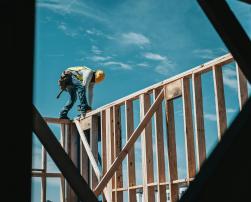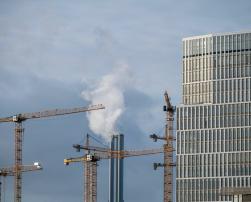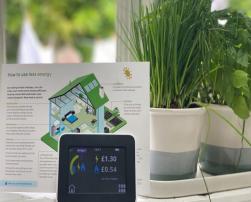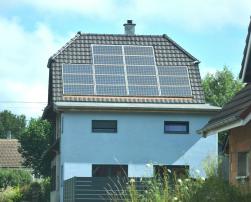Topic of the Month (September 2023)
Each month a relevant topic and several sub-topics are covered in detail. For the Topic of the Month, content following a common thread is developed by BUILD UP Editorial Board in collaboration with the Board of Ambassadors and other relevant experts in the field. This includes producing articles, case studies, webinars and more, all in line with the specific topic selected. Relevant events are also identified and highlighted.
Topics of the Month are announced at the end of the previous month in our website and newsletter. Please write us if you wish to know more about our upcoming topics of the month.

Historic buildings across Europe are embracing solar innovation. This article explores how Building-Integrated Photovoltaics (BIPV) are helping preserve architectural heritage while advancing energy efficiency, bridging past and future through design.

This article discovers how TIMEPAC’s dynamic, data-driven energy certification equips building professionals with tools, training, and insights to lead Europe’s building stock decarbonisation.

The OECD places whole life-cycle carbon at the heart of the urban climate agenda with its new report on zero-carbon buildings. The publication reinforces the role of local governments in the transition towards a more sustainable built environment, offering concrete strategies and best practices.



The integration of the Smart Readiness Indicator (SRI) into Energy Performance Certificates (EPCs) marks a significant step towards the digitalisation and sustainability of Europe’s building sector.

The newly published CWA 18127:2024 initiative drives forward the digitalisation, sustainability, and regulatory coherence of building energy performance assessments, laying the groundwork for a more transparent and integrated evaluation framework.

This publication examines how subsidy schemes, such as the Social Climate Fund, must be designed with rigorous technical criteria to ensure an effective reduction in energy poverty.

In the context of the EU27 building stock, characterised by high energy demand for space heating, lowering operating temperatures in thermal systems emerges as a key strategy to enhance the seasonal efficiency of heat pumps.

Sustainability in the built environment is emerging as a strategic pillar in response to the global challenges of climate change, rapid urbanisation, and the depletion of natural resources.
